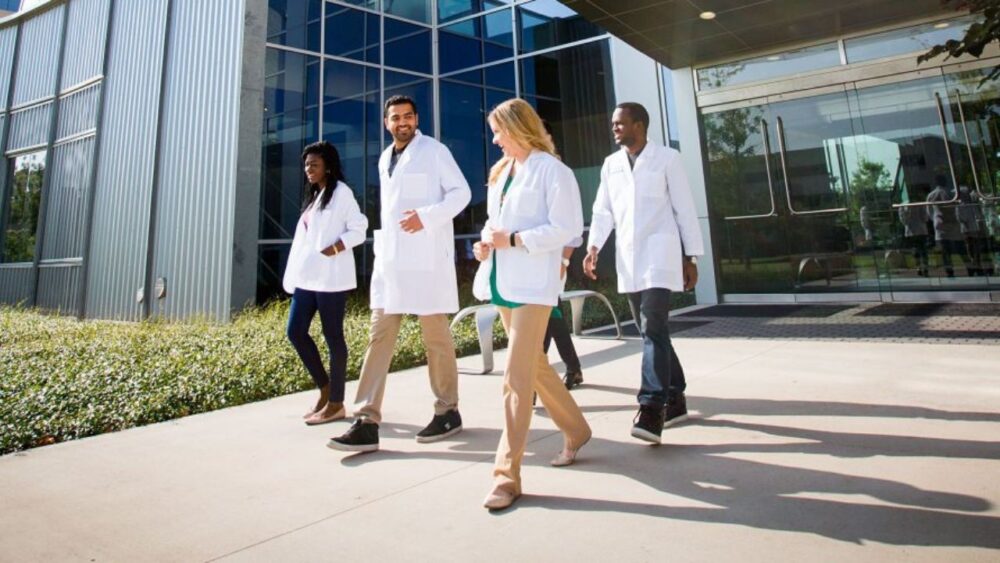Flooding in Central Texas in July 2025 claimed 135 lives, including 37 children. As families waited for answers, scientists at UNT Health Fort Worth’s Center for Human Identification worked around the clock for two weeks to help state officials identify victims.
About 27 scientists at the center tested forensic samples delivered by Texas Rangers. They used kinship DNA testing to compare samples from victims with those from parents, siblings, or children. Executive Director Michael Coble said the lab identified 47 people during the response.
The team worked to provide answers to families within 24 hours. “When there’s a horrific event, time is of the essence,” said Krystle Rodriguez, a senior forensic analyst at the center, according to the Fort Worth Report. “When children are affected, it just really elevates what work we do and that it needs to be done quickly.”
The center also used dental records and fingerprint comparisons to confirm identities. Its expertise made it a key resource for investigators. Coble said the center often steps in during tragedies because of its advanced capabilities. The team also helped identify victims of the Robb Elementary School mass shooting in Uvalde in 2022.
“Both of those tragedies, whether it was the flooding or the shooting, were very, very emotional,” Coble said. He added that the staff understands its role during such crises. “We kind of pull up our sleeves and we get to work.”
The center operates both a DNA laboratory and an anthropology laboratory, allowing it to analyze skeletal remains and conduct detailed testing. It specializes in mitochondrial DNA analysis, which supports investigations statewide. “We accept any human remains that are found within Texas,” Coble said.
Rodriguez said the work does not change during a mass-casualty event, but the urgency does. “It’s higher pressure, but you’re pressuring yourself, too,” she said. “You want to get the answer back to the family so that they can have positive identifications, because that’s what’s holding up the remains being returned to the family.”
She said the team’s motivation drove the effort. “The willingness and the drive and the initiative that was already oozing out of our staff and our teammates was what made that all work,” she said.
Erika Ziemak, director of special projects, said communication with UNT Health and Texas Health and Human Services kept the process efficient. “Looking back on it, I feel like we did such an amazing job of teamwork,” she said.


